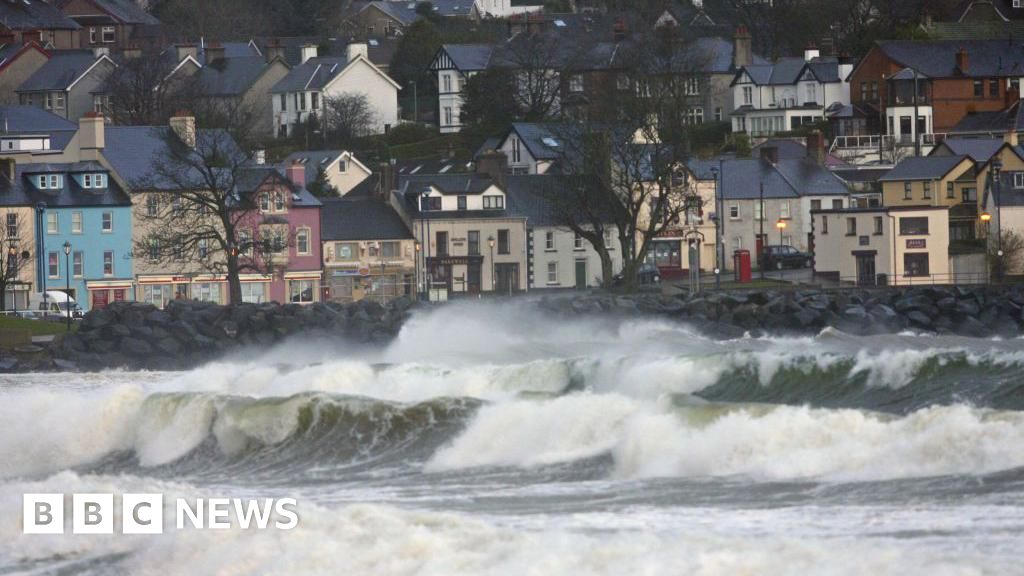Taiwanese TV Show Sparks Debate: Realistic Invasion Simulation or Propaganda?

A Taiwanese television program depicting a simulated Chinese invasion is generating significant discussion and debate across the Taiwan Strait and beyond. The show, which features a dramatic scenario involving a Chinese fighter jet crash near Taiwan and a subsequent naval blockade under the guise of a “search and rescue” operation, has been interpreted by some as a stark warning and by others as potential propaganda.
The fictional narrative centers on Taiwanese soldiers stationed on Dadan Island, a strategically important rocky outcrop located just a few kilometers from mainland China. The program portrays the intense pressure and potential dangers faced by these frontline defenders as they witness the unfolding events. The realism of the depiction, including detailed military hardware and tactical scenarios, has contributed to the program's impact and sparked considerable scrutiny.
The Simulation's Details: A Plausible Scenario?
The initial trigger for the crisis is a Chinese fighter jet crash in waters close to Taiwan. China then uses this as a pretext to deploy warships and establish a naval blockade around the island, ostensibly to conduct a search and rescue operation. However, the program subtly suggests a more sinister motive – a potential prelude to a larger military action. The Taiwanese soldiers on Dadan Island are shown bracing for the worst, preparing for potential conflict, and relying on their training and resilience.
Interpretations and Reactions: Warning or Propaganda?
Reactions to the program have been mixed. Some Taiwanese citizens have praised the show for raising awareness about potential threats and the importance of preparedness. They see it as a valuable tool for educating the public and fostering a sense of national unity. The program’s depiction of the soldiers’ dedication and courage resonates with many, bolstering morale and highlighting the sacrifices made by those on the front lines.
However, others are more critical, questioning the intentions behind the program’s production and broadcast. Concerns have been raised that it could be a form of propaganda aimed at stoking anti-China sentiment or justifying increased military spending. The timing of the program’s release, coinciding with heightened tensions in the region, has further fueled these suspicions.
Geopolitical Context and Implications
The program's release takes place against a backdrop of increasing geopolitical tensions between China and Taiwan. China views Taiwan as a breakaway province that must be reunited with the mainland, by force if necessary, while Taiwan maintains its claim to be a sovereign nation. The United States has also been deepening its ties with Taiwan, further complicating the situation.
Experts note that such simulated scenarios, regardless of their intended purpose, can have a significant impact on public opinion and policy decisions. They can shape perceptions of risk, influence attitudes towards military spending, and even affect diplomatic relations. The Taiwanese government has not officially commented on the program, but the debate it has sparked is undoubtedly being closely monitored in Beijing.
Conclusion: A Complex Issue
Whether the Taiwanese TV show is a genuine attempt to raise awareness about potential threats or a calculated piece of propaganda remains a subject of debate. Regardless of the motivation, the program has succeeded in capturing public attention and prompting a crucial discussion about Taiwan’s security and its relationship with China. The simulation serves as a reminder of the delicate balance of power in the region and the potential for conflict, highlighting the need for careful diplomacy and a commitment to peaceful resolution of disputes.






